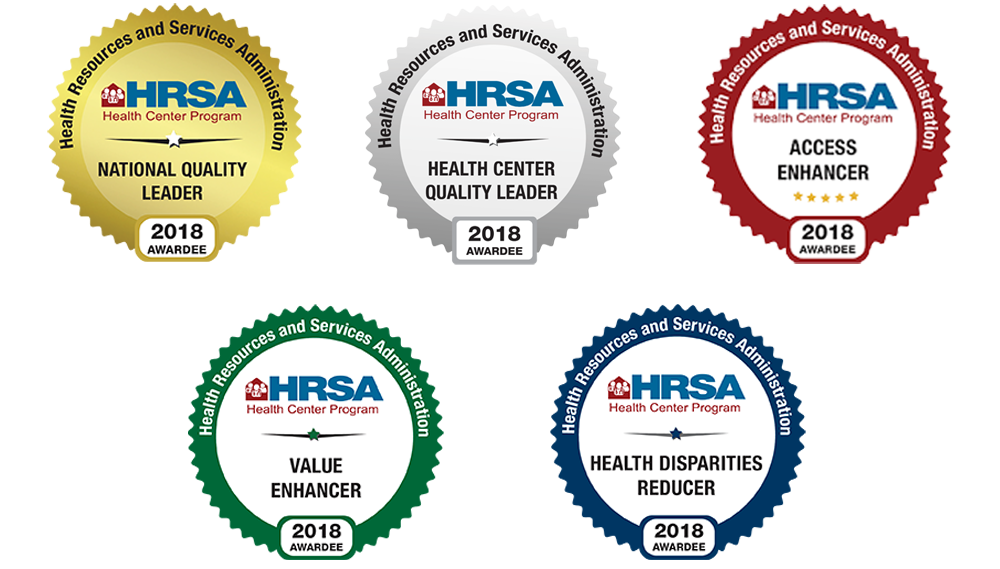An allergic reaction occurs when the immune system overreacts to a normally nonthreatening substance. There are many types, causes, and symptoms of allergic reactions. Different areas of the body can be affected depending on the allergic trigger. Some allergic reactions can be life threatening and require emergency medical attention. Allergy treatments include avoiding the triggers of an allergic reaction, medications, and desensitizing shots.
Your immune system normally fights germs to keep you healthy. If you have allergies, your immune system overreacts to ordinary substances that normally are not harmful, such as pollen or certain foods. The substances that trigger an allergic reaction are called allergens.
In some cases, allergies run in families. Some people with allergies may have no family history at all. People with certain medical conditions are more likely to have allergies. Such conditions include asthma, lung problems, nasal polyps, eczema, and frequent ear, respiratory tract, or nasal sinus infections.
Foods, pets, dust, plants, cold air, medications, peanuts, grass, and latex—anything can be an allergen. The type of allergic reaction that you experience depends on the allergen and the part of the body that it affects. People can have more than one type of allergy.
The type of allergy symptoms that you have depends on the allergen and the area of your body that the allergen affects. For instance, food allergens can cause stomach pain, nausea, vomiting, and diarrhea. Environmental allergens, such as plants, can affect the skin and cause itchy bumps, rashes, redness, and swelling. Inhaled allergens, such as cold air or pollen, cause shortness of breath, wheezing, and coughing. Some allergens can cause itchy watery eyes. Others may cause a stuffy nose or dangerous throat swelling.
Sudden, rapid, and severe allergic reactions can cause a potentially life threatening condition called anaphylaxis. If you suspect that you or someone else is experiencing anaphylaxis you should call an ambulance immediately. Anaphylaxis is known as "going into shock." Shock consists of low blood pressure, pale or red skin color, sweaty or dry skin, and anxiousness.
Your doctor can diagnose allergies or you may be referred to a doctor that specializes in allergies. An allergist can perform tests to find out what you are allergic to and how severe your allergic reaction is. The doctor will make several minor scratches on your skin and apply a small sample of a possible allergen. If you are allergic to the allergen, your skin will react to form a small itchy red bump. Your blood may be tested for antibodies.
You can avoid allergic reactions by avoiding the allergens that trigger them. You may not be able to avoid all allergens. Your doctor can recommend medications to relieve your symptoms. Allergy shots can make your immune system less sensitive to allergens, which can help to reduce symptoms. You may be instructed to carry emergency medication with you to use in case of a severe allergic reaction.
You should wear a Medical Alert bracelet or necklace and carry a Medical Alert card in your wallet indicating the type of allergy that you have. In the case of an emergency, the Medical Alert information will be helpful to the healthcare professionals treating you. Because the medical complications associated with some types of allergies can be very serious and life threatening, it is helpful for people with allergies to inform their school, employer, family, and friends of what they are allergic to and what should be done in the case of an emergency. Your doctor can prescribe a shot that you can carry with you in case of an emergency.
You can prevent some allergic reactions by avoiding the allergens that trigger them. Your doctor can make helpful recommendations specific to you.
Risk factors may increase your likelihood of developing allergies, although some people that develop the condition do not have any risk factors. You should tell your doctor about your risk factors and discuss your concerns.
Risk factors for allergies:
- Some people are born with a family tendency for allergies. If your parents or close relatives have allergies, you have an increased risk for developing them.
- If you have one allergic trigger, you are more likely to have another.
- You may be at risk for allergies if you have certain medical conditions including asthma, eczema, lung problems, and nasal polyps.
- Frequent ear, respiratory, and sinus infections are associated with an increased risk of allergies.
- If you have sensitive skin you may have an increased risk for allergies.
Researchers are continually studying methods to prevent and treat allergies. In recent studies, researchers suggest that babies who are breastfed, experience a fever before they are one year old, and have certain environmental exposures are less likely to develop allergies as they grow older. As researchers gather more information, they hope to make general recommendations for all children.
Anaphylactic shock is a severe allergic reaction that can be fatal. You should call an ambulance if you or someone else is experiencing anaphylactic shock. If left untreated, anaphylactic shock can cause unconsciousness, heart attack, and death.



